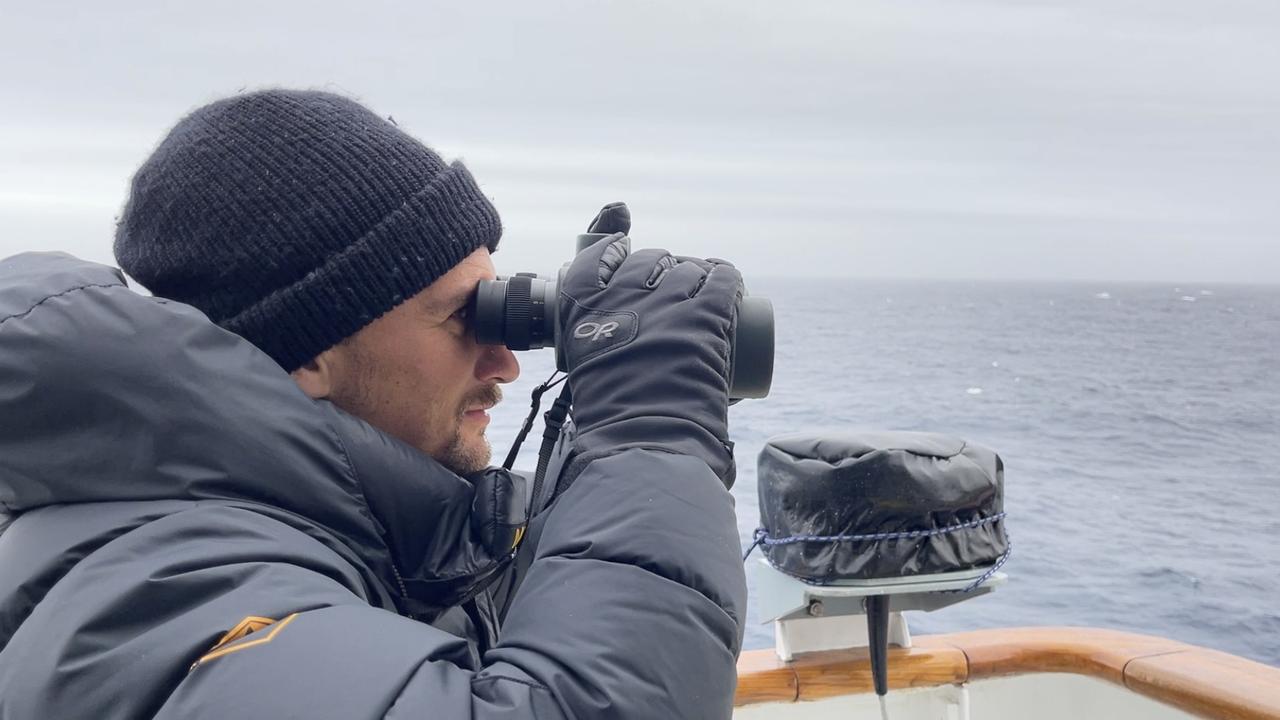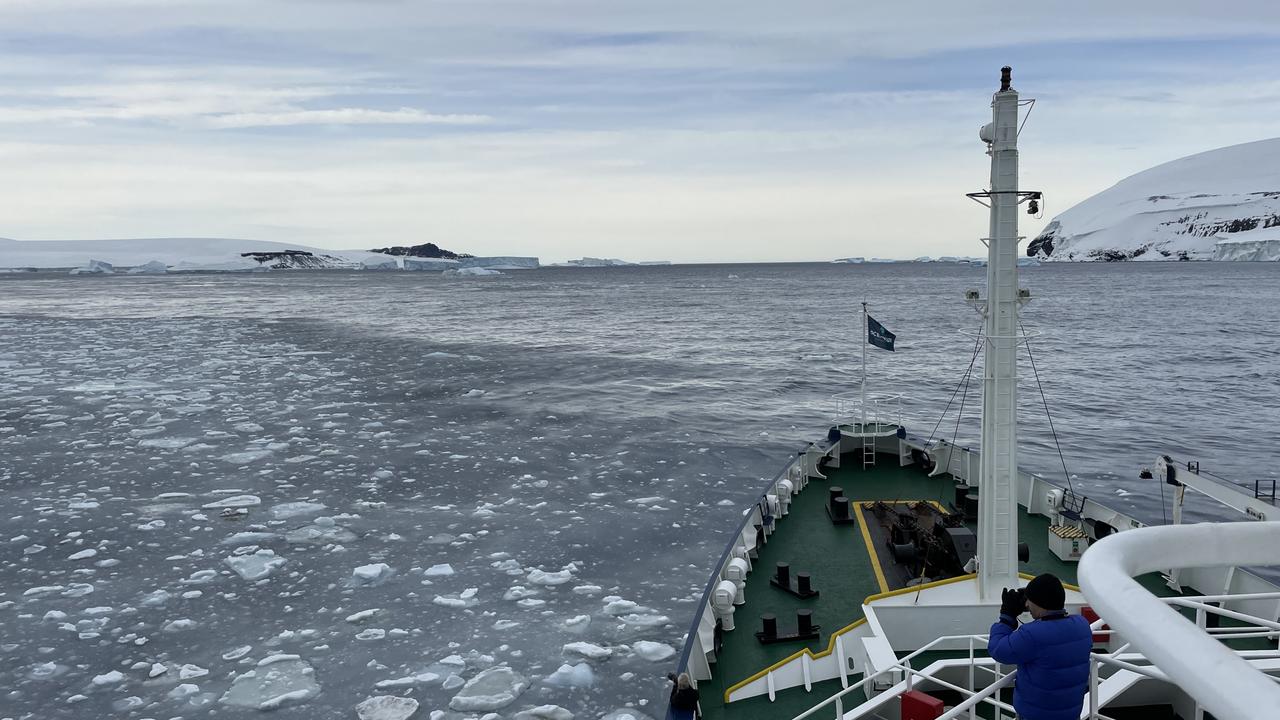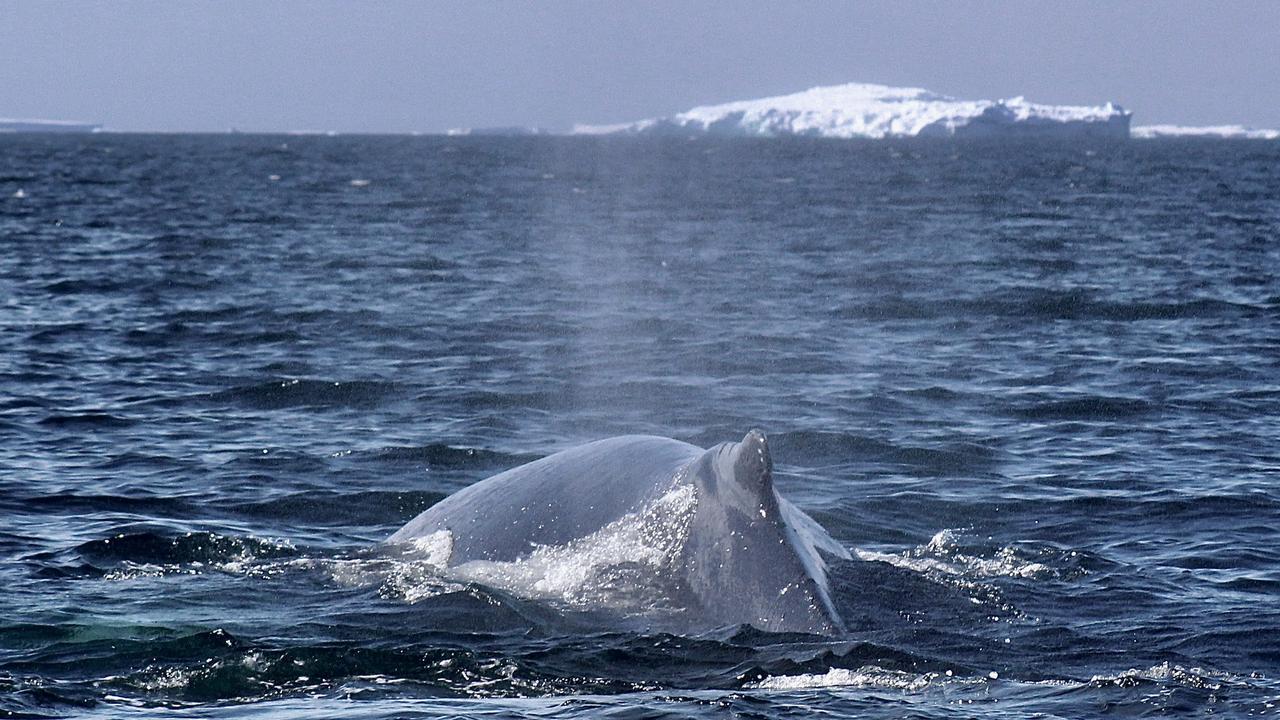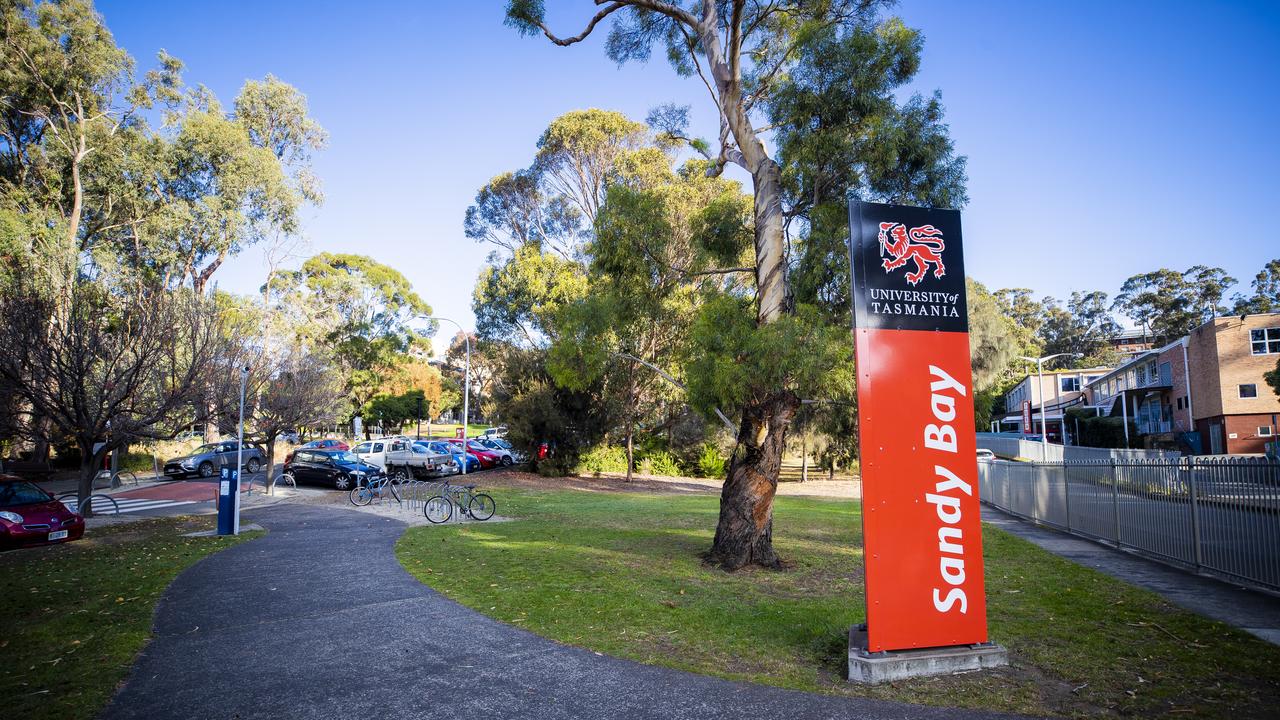Antarctic-bound tourist vessels help Tassie scientists make groundbreaking polar discoveries
Tasmanian scientists are using Antarctic-bound tourist vessels to understand more about the polar region and have already made groundbreaking discoveries. What they found.

Tasmanian scientists using Antarctic-bound tourist vessels have discovered whales migrating further south than ever recorded.
University PhD candidate Angus Henderson and his team found humpback whales migrating to the Weddell Sea, much further south than before, most likely because of shrinking ice sheets.
“A lot of species are shifting southward as waters warm, especially marine species because there’s no necessarily physical boundaries, so they can move pretty freely further south,” he said.
Industrialised whaling and sealing in polar regions completely changed the ecosystem and became dominated by penguins, seals, seabirds and fish.
But as waters continue to warm causing ice sheets to shrink, populations of whales, including baleen whales, are starting to recover and dominate polar food webs again.

“We’re going be able to see how predators are responding to the change in the ice conditions, because we have a few voyages from before this low ice year and then we should have a couple from this year and so then comparing those data sets will give us a good idea of how some predators are going to respond to changes in the ice sheets,” Mr Henderson said.
A key part of the research is using tourist vessels which allow scientists to conduct research in areas scientific vessels cannot typically get to.
This summer, up to 16 scientific observers will go on 22 tourist voyages for scientific observations.
“Having these observers on these vessels has enabled new sightings and that’s shedding light on what might be going on in relation to climate change in that area,”
UTAS marine polar predator ecology and Mr Henderson’s PhD supervisor Professor Mary-Anne Lea said.

“Accessing the Antarctic at any time of the year is relatively difficult compared to many other parts of the world, as well as being logistically expensive.
“There are tourists vessels regularly visiting the Antarctic Peninsula in summer … it’s quite a broad spatial area that tourist vessels are visiting and so they’re able to visit many more regions than you would be able to undertake in one scientific survey.”
Professor Lea said using tourist vessels is an important way in making science accessible for the public.
“This is a good example of how we can in real time enable many people to understand how science works, and also to communicate it in a variety of ways,” she said.
“There’s obviously a pressing need for much of this science to actually be done. There are still very many research data gaps in the Southern Ocean, even though we know the system is changing rapidly, it’s a system that’s not really well understood in many places.”




